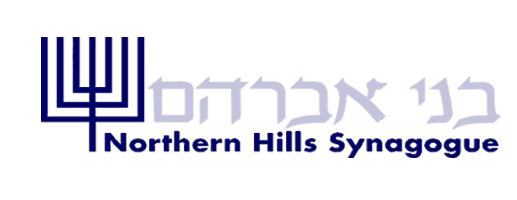One of the basic Pesah observances is, of course, the prohibition of leaven (hametz), which is enunciated at Exodus l2:20 ("You shall eat nothing unleavened, in all your settlements you shall eat unleavened bread") and elsewhere in the Torah. The avoidance of leavened bread itself is a recollection of the experience of the Exodus. However, hametz has been taken by Judaism as a symbol of the yetzer hara (the evil inclination in people), the source of moral and spiritual servitude. In the Talmud (Berakhot 17a), we read, “What prevents us from doing God’s will? The leaven in the dough …” This association is perhaps connected with the extraordinary stringency of the prohibition of hametz in Jewish law.
Hametz is defined as food made from one of the "five species of grain": wheat, barley, rye, oats, and spelt, in which leavening or fermentation induced by the presence of water has taken place.
Hametz b'ayin, "perceptible" hametz (such as bread or cake) is prohibited for consumption by Torah law from approximately noon (the actual time, like all times which figure in Jewish law, is based on the movement of the sun, and therefore varies slightly from place to place and year to year) on the day before Pesah, until the end of Pesah. By rabbinic law, the consumption of hametz is prohibited from about l0 a.m. on the morning before Pesah. (The exact time that this prohibition and the prohibition of possessing hametz begin varies from year to year, and it is posted in the synagogue bulletin.). Not only is it forbidden to eat or drink hametz, but we are not permitted to benefit from hametz in any way. To eat hametz on Pesah itself is the most serious offense in Jewish law; it is considered like eating on Yom Kippur.
It is also forbidden to keep such hametz in our possession during Pesah, and, if we do keep it, such hametz (called hametz she-avar alav hapesah) is forbidden for use after Pesah. By rabbinic law, the prohibition of the possession of hametz begins at about ll a.m. on the day before Pesah , and this prohibition is the basis of the positive obligation to remove all hametz from our possession before Pesah.
Taarovet hametz (a mixture containing hametz) is also forbidden on Pesah. The principle of bittul, according to which a very small amount of a forbidden substance mixed into a permitted food may sometimes be ignored, does not apply to hametz on Pesah.
Hametz nuksheh (hametz which is inedible by man or beast), if it is intrinsically inedible (like shoe polish) may be kept during Pesah.

